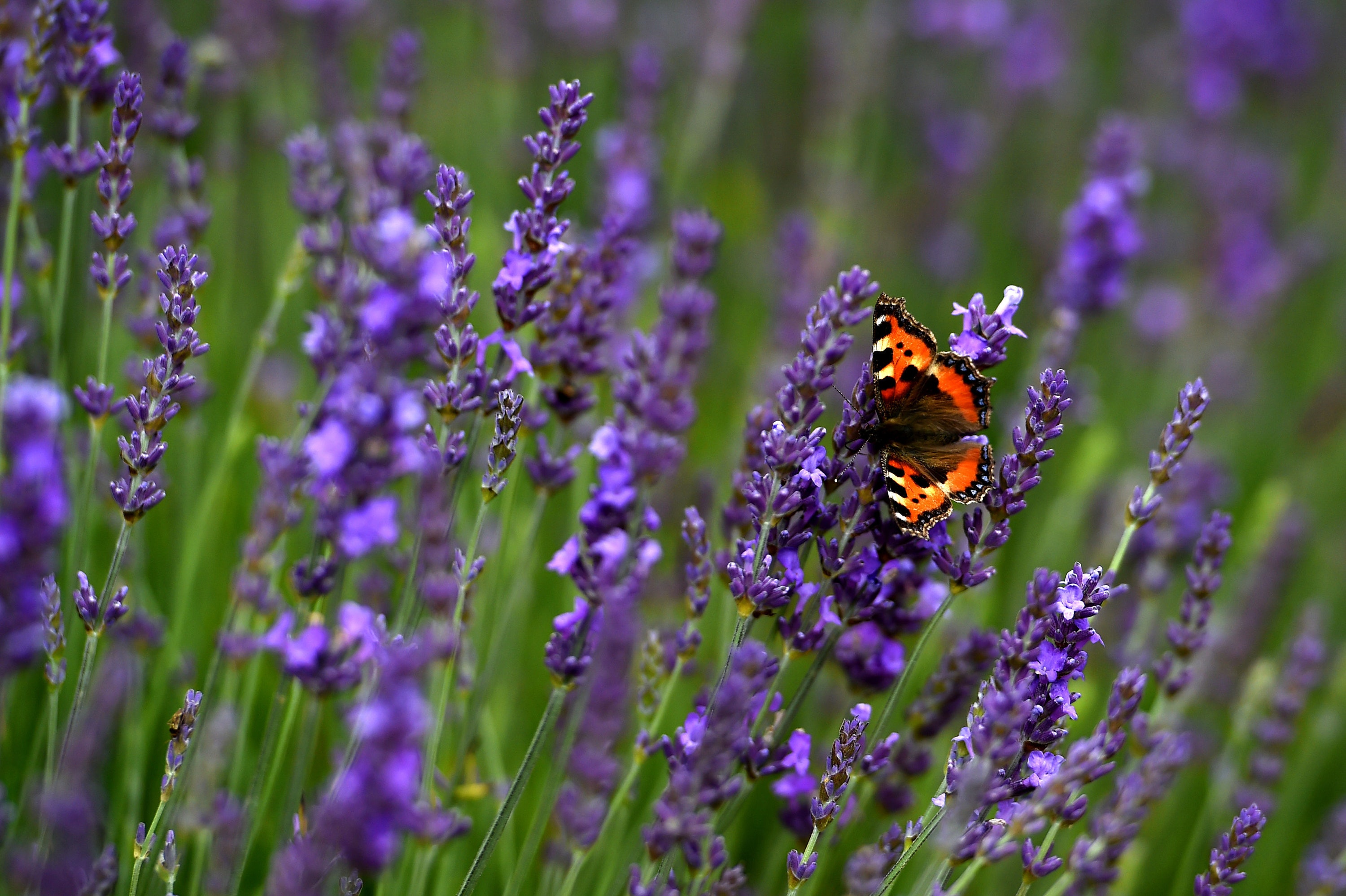5 plants you need to create a therapeutic garden
Ever thought how much a garden might be able to help a loved one suffering from mental health problems, whether it’s an elderly relative showing signs of dementia or a traumatised child?
Former city finance worker Faith Ramsay, new chair of trustees at horticulture therapy charity Thrive (thrive.org.uk), left her lucrative job to re-train as a garden designer and in the process alleviated her own bouts of depression.

Faith Ramsay
She explains: “Thrive therapists use horticulture to achieve a therapeutic outcome. Different plants help alleviate different problems.”
Here, she offers tips on plants to include in a variety of therapeutic garden schemes:
1. Lavender
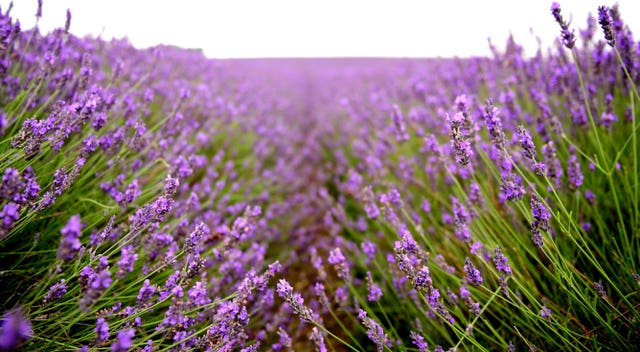
Lavender
This is planted in some of Thrive’s children’s gardens. Faith says: “It’s calming, balances the senses and has a sedative quality which can aid sleep. Being surrounded by lavender and the natural smell of it is very good. It’s also robust and will keep coming back. It doesn’t need much care or watering.”
How to use it:

Lavender path
“If you’ve had an emotionally traumatic moment, lavender is deliberately used as an entry way that, even if you’re not consciously aware of it, is subliminally very calming.”
2. Rosemary
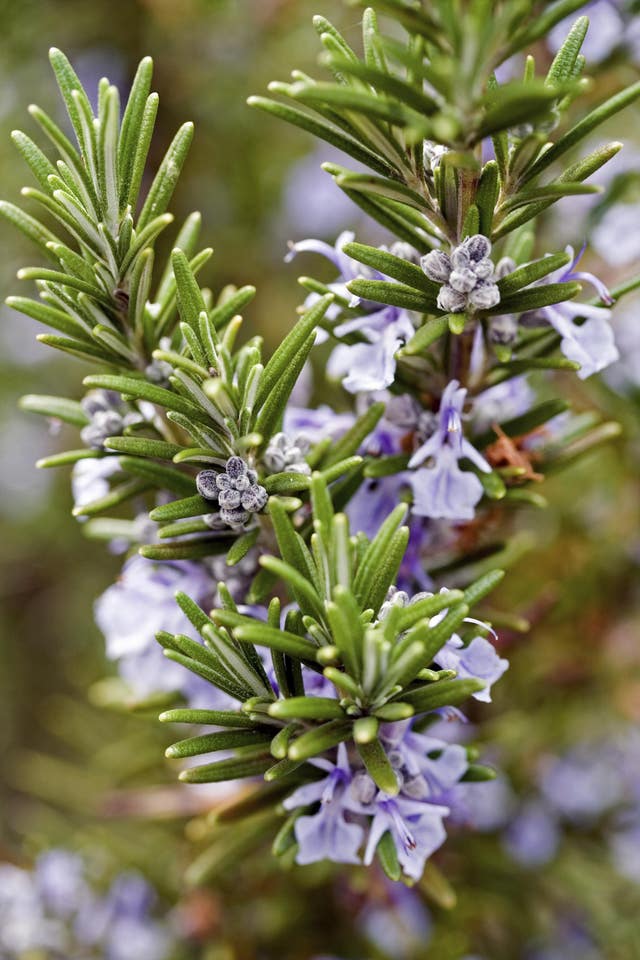
Rosemary
“Rosemary helps memory and is very good for dementia settings,” she says. “It’s a stimulating plant for dealing with people who might be feeling low and need a bit of a boost. I wouldn’t have lavender and rosemary cheek by jowl. There needs to be space for calming and space for being uplifted. “
How to use it:
“I’d plant rosemary near a kitchen, or, if the person has a greenhouse, a washing line or a pond, where you expect them to be slightly more active, it can help them feel uplifted. As rosemary is evergreen and can get quite big, I’d put it with decent low-maintenance ground cover like creeping phlox or campanula, or a hardy geranium.”
3. Thyme
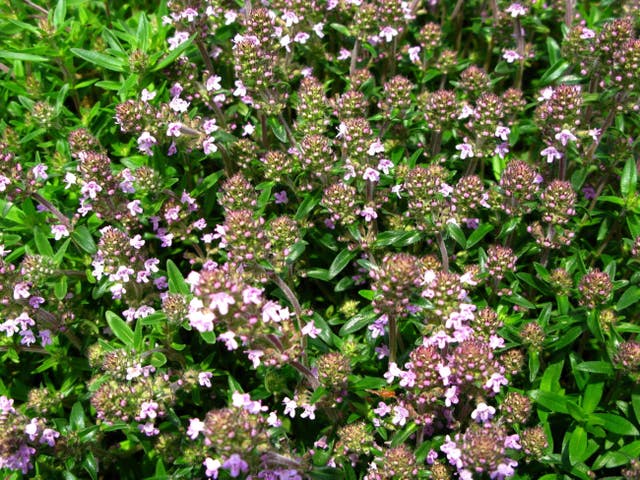
Thyme
“This is particularly good for children with mental capacity issues because they can touch and grab and smell and interact with it in a positive way. If you are constantly being told not to touch or poke things, suddenly being able to do that is very positive and empowering.”
4. Early spring-flowering bulbs
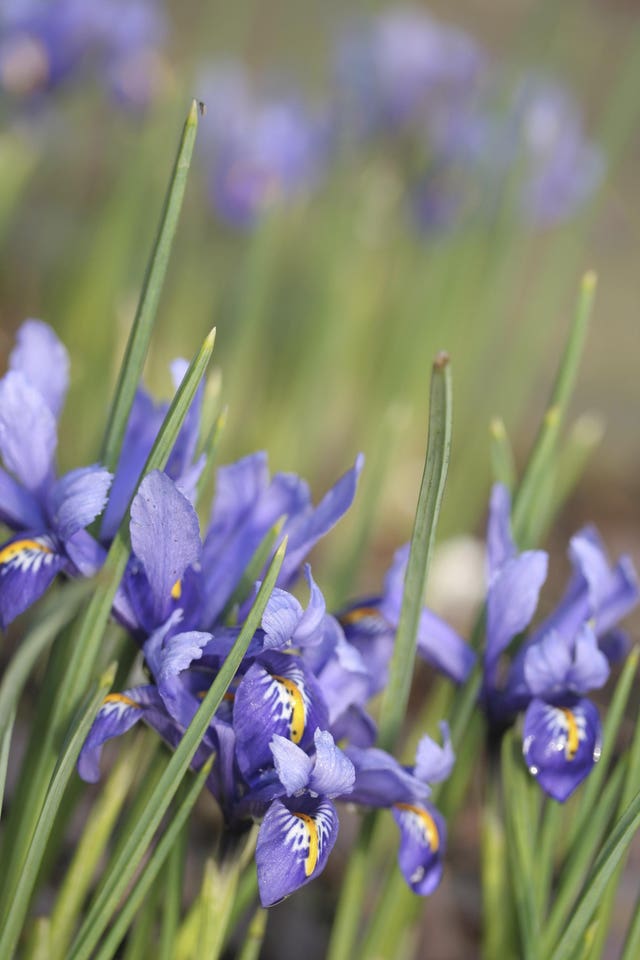
Iris reticulata
“For many people, mental health problems, [such as SAD], are worse in the winter. I would choose an early spring-flowering bulb for a sense of optimism, to give the message that life goes on and positive things are coming.
“Iris reticulata come out in February in lovely blues and purples, when the weather is grey and you are feeling rock-bottom. And they could be grown by someone who only has a balcony and they flower when nothing else is out.”
5. Childhood plants

Sweet peas
“If you are dealing with an elderly person, maybe someone who is starting to suffer from dementia, include plants which were around during their childhood, like old-fashioned pinks, which are very aromatic, or sweet peas, because those memories are lost last. They lose their newer memories quicker. These aromatic, old-fashioned plants may strike a chord with people in their seventies and eighties, which echo something from their childhood.”
How to use them:
“Put sweet peas around a wigwam with pinks underneath it. As a form of horticultural therapy for dementia, Thrive would encourage the patient to plant sweet peas. They are easy seeds to handle. People who may be struggling with other challenges will gain confidence from being able to see a seed that they have planted grow. Being able to grow plants is an important part of their therapy.
“Grow sweet peas from seed in pots or buy a pot of seedlings from a garden centre for them to grow on. It will give them a sense of achievement. Also, the scent is important at triggering memories as your sense of smell is one of the last to go.”
And one you definitely don’t need…

Avoid ‘diva’ plants like peonies
“Avoid plants that need a lot of TLC. I would avoid roses and peonies, which require a lot of work. If you go out and you’ve forgotten to stake your peony and it’s collapsed on the floor, it can make you feel less positive. I would include hardy geraniums, penstemons, iris bulbs, daffodils, lavender and rosemary, which won’t need persistent care.”
The Press Association
Latest posts by The Press Association (see all)
- 5 new books to read this week - November 23, 2024
- 3 easy Mary Berry recipes to make this season - November 22, 2024
- In Pictures: Party stalwart kept New Labour in touch with traditional supporters - November 21, 2024
- 6 easy indoor exercises to try this winter – and why they are good for you - November 19, 2024
- Martin Clunes: I can’t afford to retire – I’ve got too many horses - November 19, 2024









